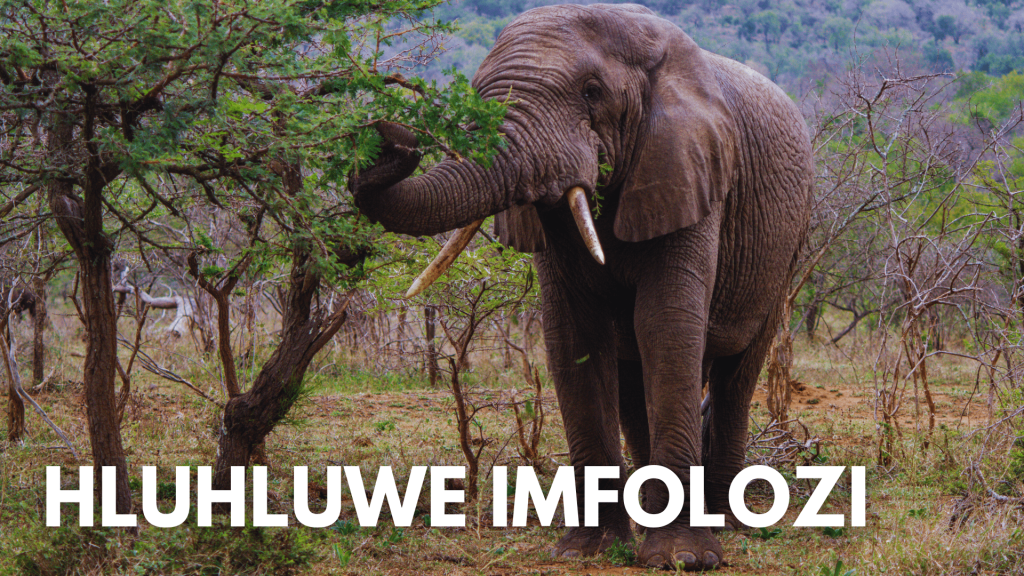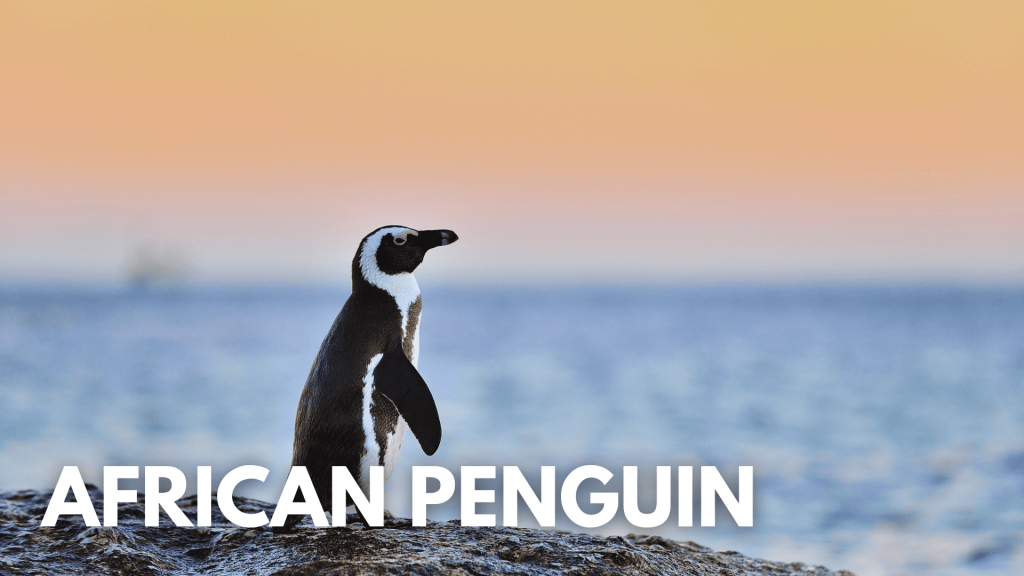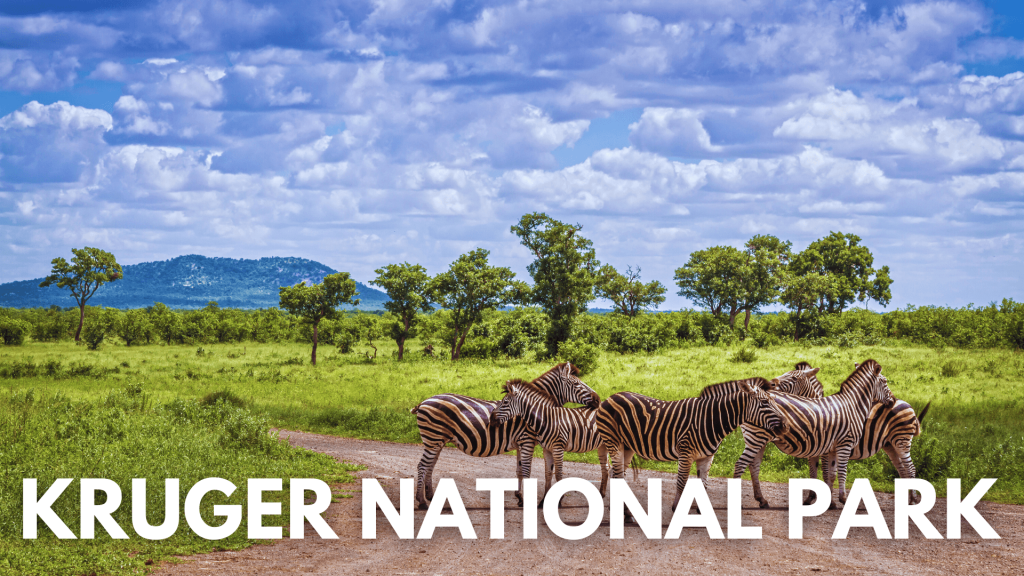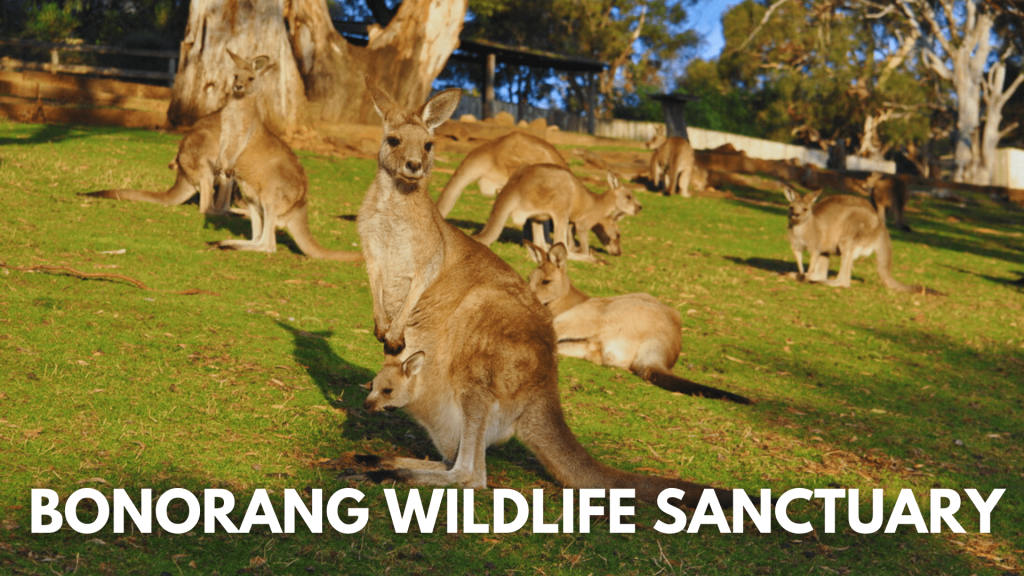10 Ethical Wildlife Encounters That Encourage Conservation
- 5 min read
- By Phillip Imler
An ethical wildlife encounter prioritizes the well-being of the animals above all. Here the animals live in spacious enclosures that resemble their natural habitat and allow them to enjoy their inner instincts. Responsible operators minimize stress through limited interaction and avoid using the animals for entertainment.
These encounters often support conservation efforts through research or habitat protection. Look for tours focused on observation, sanctuaries that prioritize animal welfare over profit and volunteer programs that contribute to long-term conservation goals. Ethical experiences can benefit the animals and also inspire tourists to respect the natural world.

The reserve is committed to conservation and offers an eco-friendly safari experience. There are strict regulations that ensure that the game drives are led responsibly. The tour guides maintain a safe distance from animals to avoid any chaos. The park has a diverse ecosystem providing a safe sanctuary for a wide range of wildlife including the Big Five. It is wise to explore the park in a safe vehicle with a reliable guide. You get to spot multiple wild animals like the rhino, lions, dear, buffalo, etc. in their natural habitat. It is an unforgettable experience!

A visit to the African Penguin colony at Stony Point in Betty’s Way is a remarkable experience. You can observe the endearing birds closely from a well-designed boardwalk without disturbing their natural behaviour. In South Africa, there are three major African penguin colonies and Stony Point is one of them. There are thousands of African penguins, also called Jackass penguins because of their donkey-like calls. You can observe them waddle between nests, interact with other chicks and preen their feathers. The creatures look too adorable not to appreciate. The conservation efforts make sure that the penguins stay safe while allowing tourists enjoy an educational and ethical experience.

Tourists adore the Kruger national park for its epic eco-friendly safari adventure. It offers a stage for unforgettable wildlife encounters offering diverse ecosystem and sprawling savannahs. Kruger prioritizes responsible tourism. Guided tours are conducted in open-air vehicles. The expert rangers ensure minimal disturbance to the wildlife loitering in the savannahs. You get a good chance to see rhino, leopard, lion or a buffalo alongside many other creatures in their natural splendour. Witnessing the beauty and raw energy of Kruger’s flora and fauna fosters a deep appreciation for the natural world, making your trip a truly ethical wildlife encounter.

In Australia, you can enjoy Tasmania’s Bonorang wildlife sanctuary that prioritizes the welfare of injured, ill or orphaned animals. The animals rescued by the ranger team are in no condition to be returned because of the kind of injury they suffered. The enclosure is spacious allowing the animals to survive in their natural habitat. Tourists can observe the animals like the Tamanian Devil and Wallabies from designated areas, which ensures minimal stress. You can also see the staff feeding the animals and also watch the vets in action at the wildlife hospital.
The all-elephant sanctuary has a spacious natural setting. There are plenty of elephants you will find roaming safely inside the sanctuary. In the past, the elephants were offered for rides, unfortunately there were abuses from some tourists in the ways of interaction like while feeding or walking, so the sanctuary operators put a ban on elephant rides. Instead now they offer observation model – you learn about their past and see their natural behavior like grazing, bathing, and socializing with their herd.
At the Hakora harbour in New Zealand, you get a chance for an ethical encounter with the smallest and rarest dolphin species – Hector’s dolphin. Boats maintain safe distance, allowing these playful dolphins to approach on their own. They happily show-off their water tricks. The encounter is charming but the species is at the risk of getting extinct. Conservation efforts are on-going for protection of their endangered creatures.
On the Gold Coast in Australia lies the Currumbin wildlife sanctuary. Tourists can ethically interact with the wildlife dwelling in this spacious natural enclosure. You can see critters like Tasmanian devils, koalas, and kangaroo. You get familiar with their crucial roles in our ecosystem. Currumbin fosters a deep appreciation for wildlife through interactive presentation and educational programs.
Here you can watch the ancient marines nesting and hatchlings making their way to the sea from a safe distance. The rangers collect eggs laid at night and safely relocate them to protected hatcheries. Under the watchful eyes of the rangers, the awe-inspiring hatchlings wiggle their way towards the ocean.
It is a national park with diverse ecosystem teeming with wildlife. The wildlife and landscape is under government protection. Every Jeep receives a half-day permit only to stay within the crater. The tour guide does not bait the animals to come near but stops the jeep at a distance allowing tourists watch the wildlife in their natural behavior.
You can stay at a luxurious resort in the Maldives and join local excursions, which offer you to swim with the largest shark species – whale sharks. These are gentle giants and interact with humans safely. There are tours for whale shark spotting but offering food to the shark is disallowed. There is also restriction regarding how many boats can be in the same spot, simultaneously.
The natural world has incredible flora and fauna, which is appealing but we must encourage responsible interaction. An ethical animal encounter in a spacious natural setting with minimal disruption must be your top priority as a tourist. Responsible and ethical tourism offer you learn about native species and support conservation efforts.
The above mentioned wildlife conservation parks spread in different parts of the world can be chosen for ethical wildlife experience. It will ensure, your interaction has an optimistic impact. They will create lasting memories and foster a sense of responsibility for the flora and fauna in the natural world!